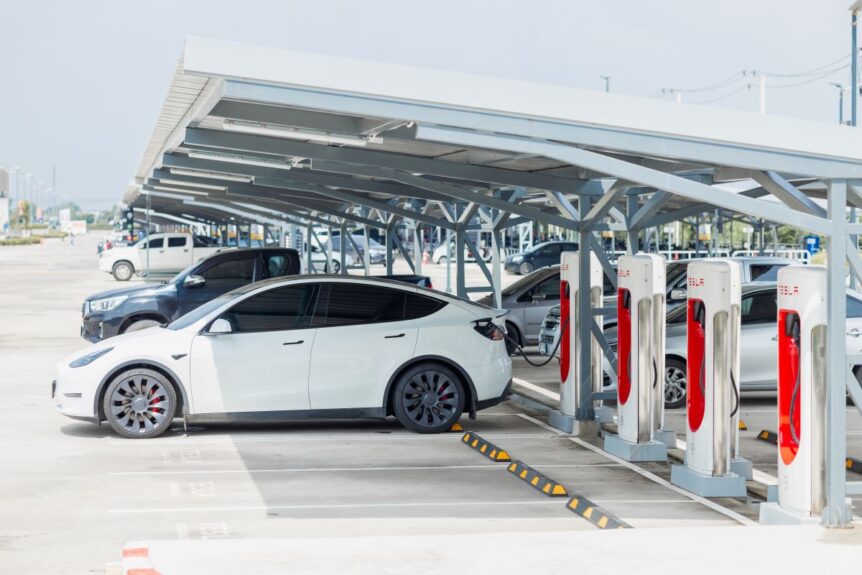Electric vehicles (EVs) are often hailed as the future of transportation, but they come with a host of issues, especially for those living in less populated states. Here are 21 reasons why EVs might not be the miracle solution they claim to be.
1. Charging Deserts
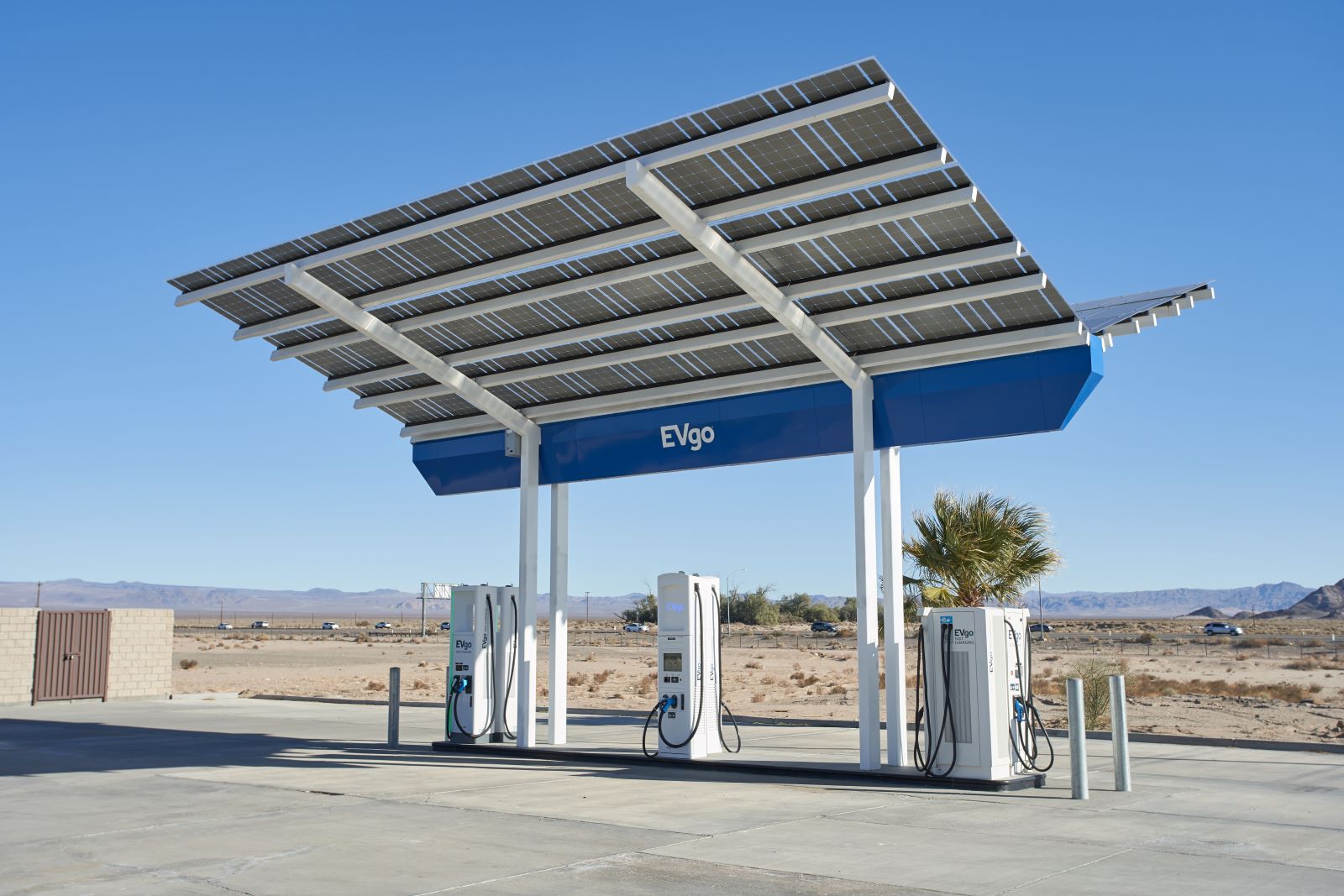
Image Credit: Shutterstock / Tada Images
In less populated states, finding a charging station is like a wild goose chase. Unlike California or New York, rural areas are left high and dry, making long trips a logistical nightmare.
2. Charging Takes Forever
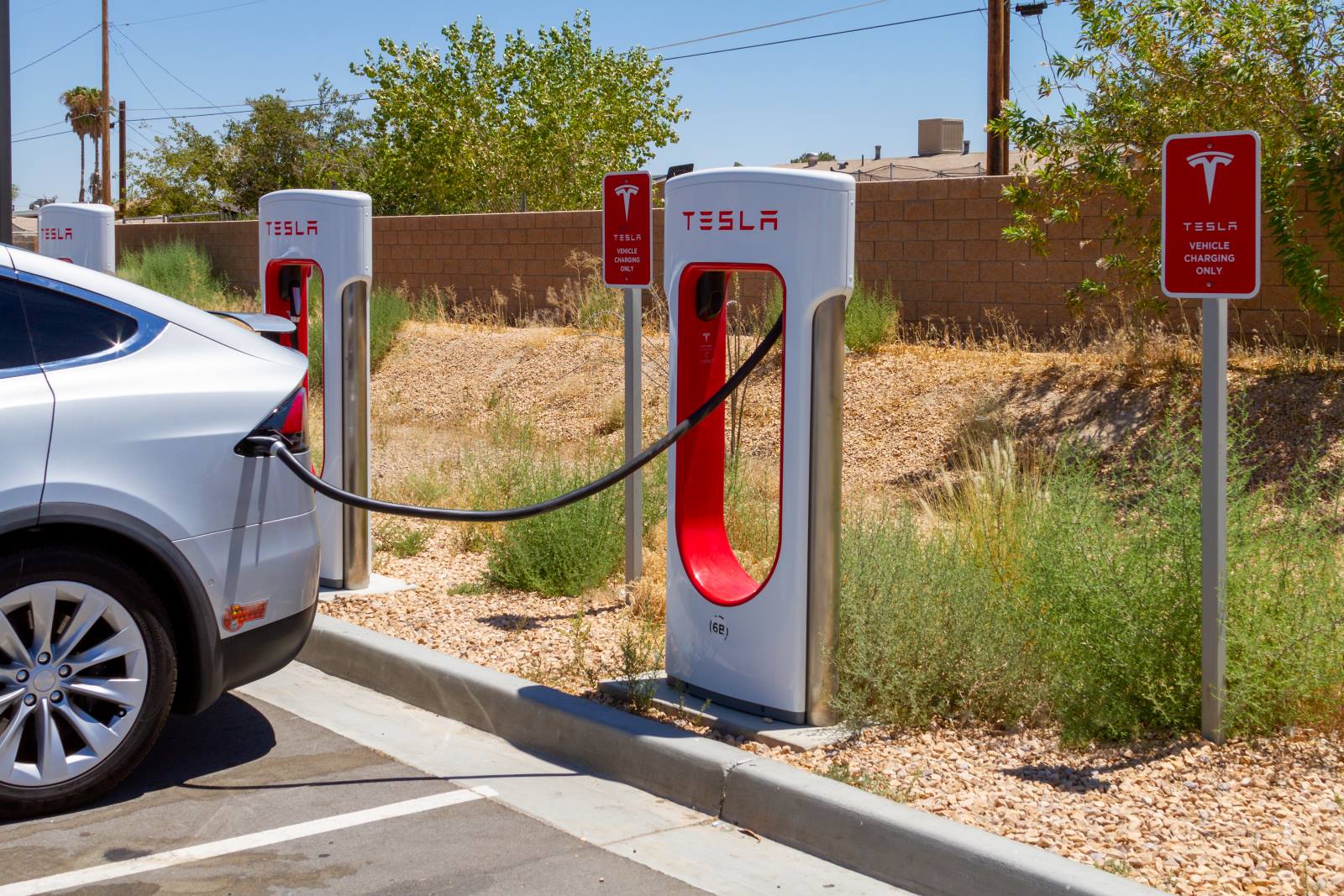
Image Credit: Shutterstock / Felipe Sanchez
Even when you do find a station, charging your EV can take hours. While city folks in tech hubs might have the time, rural residents need to get back on the road, not sit around waiting.
3. Pathetic Range
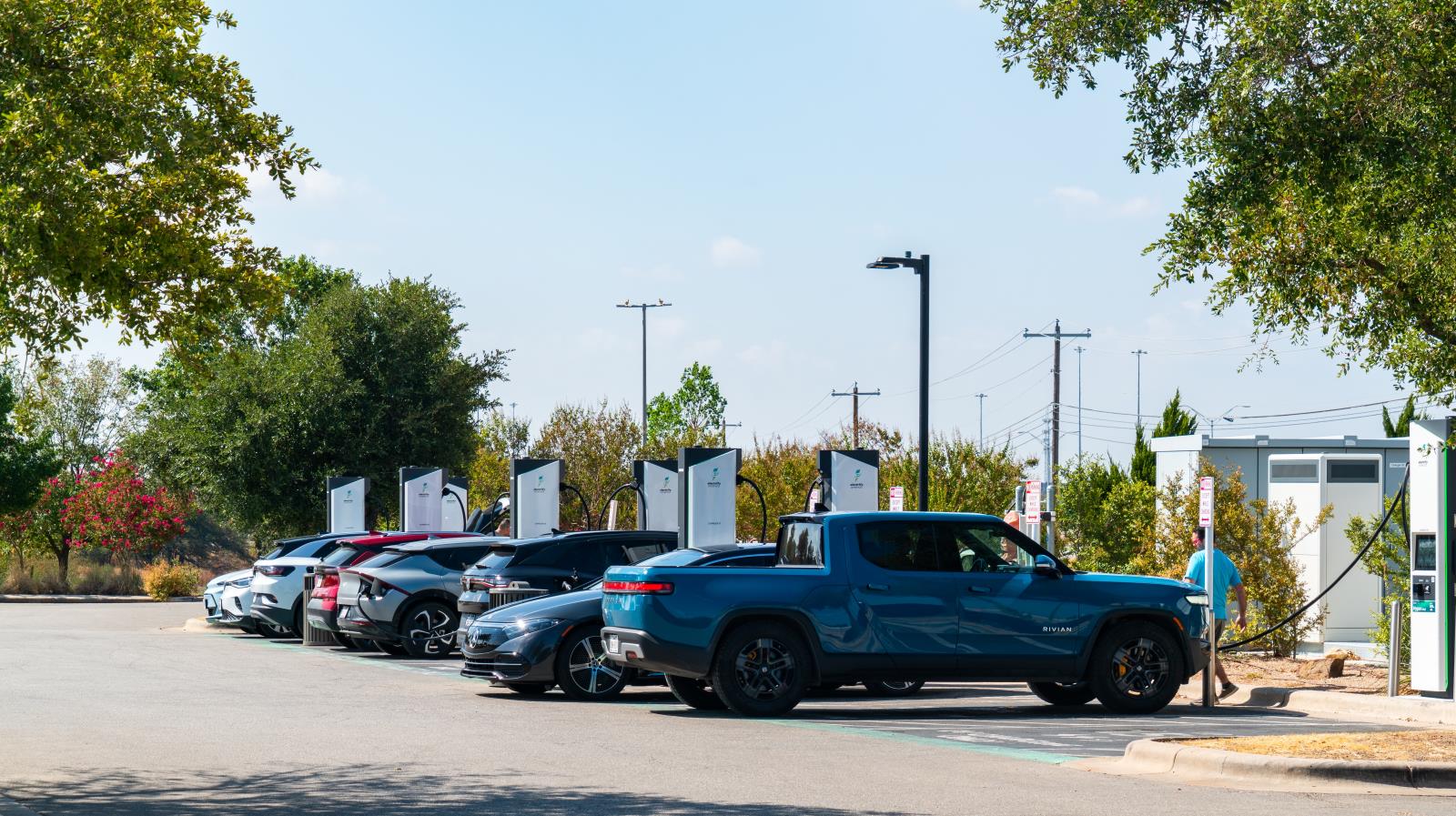
Image Credit: Shutterstock / Roschetzky Photography
Many EVs have a limited range, which is a joke for anyone living far from urban centers. Running out of juice in the middle of nowhere is not just inconvenient—it’s dangerous.
4. Sky-High Prices
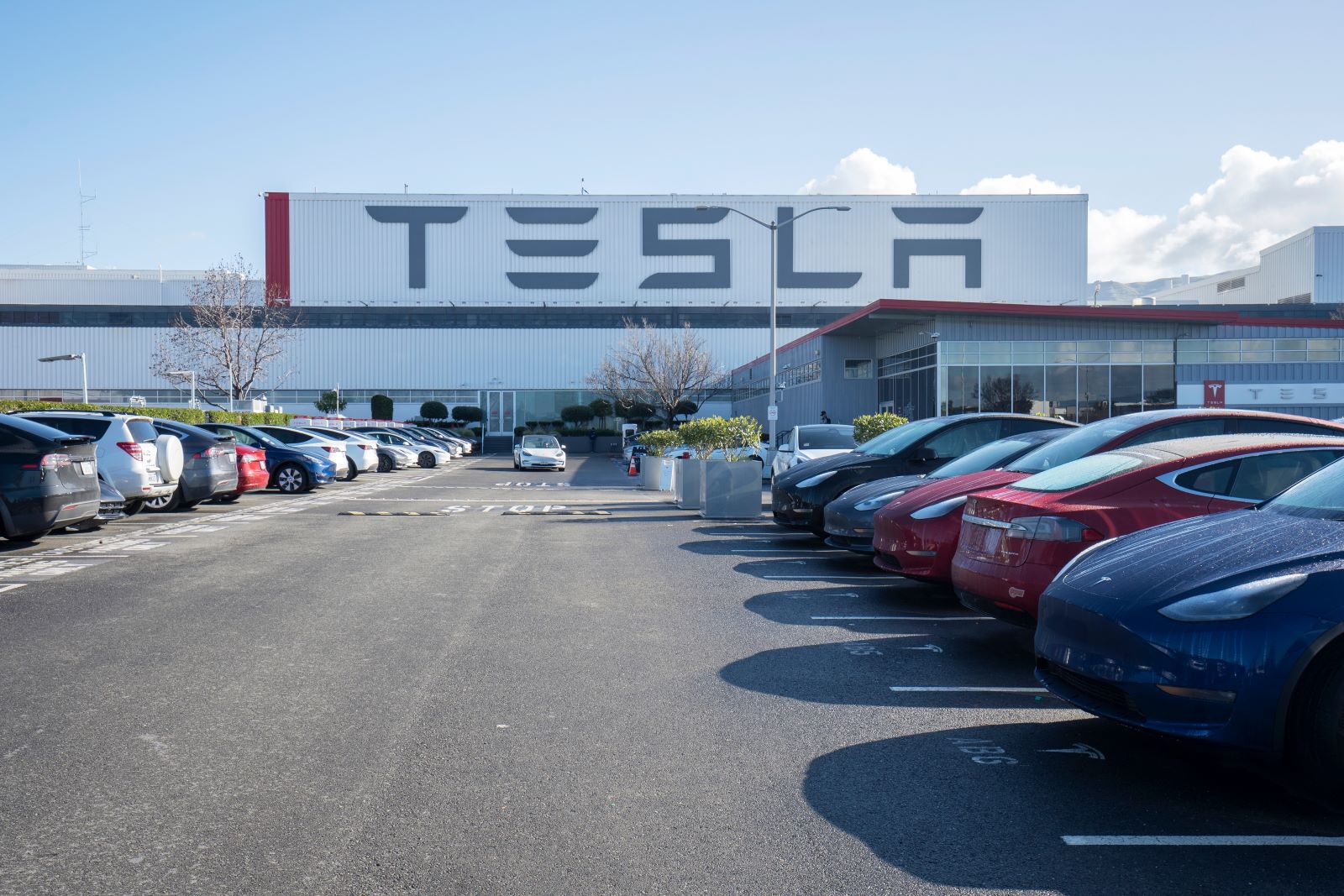
Image Credit: Shutterstock / Tada Images
The upfront cost of EVs is outrageous. While affluent city dwellers can afford the latest Tesla, middle America is stuck with the bill and none of the benefits.
5. Battery Decay
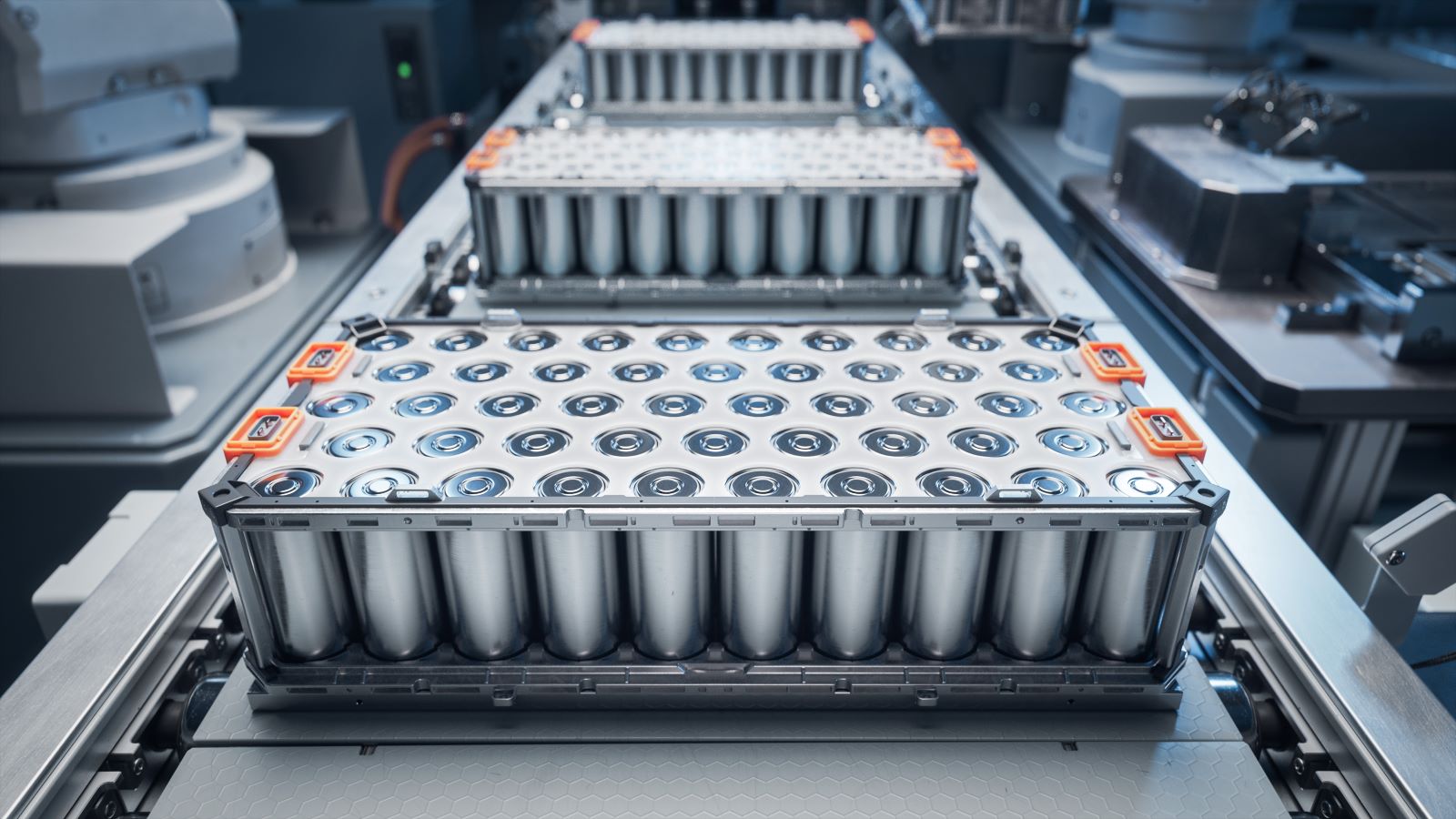
Image Credit: Shutterstock / IM Imagery
Over time, EV batteries degrade, reducing their efficiency and range. This means more frequent charges and an eventual costly battery replacement that no one talks about.
6. Infrastructure? What Infrastructure?
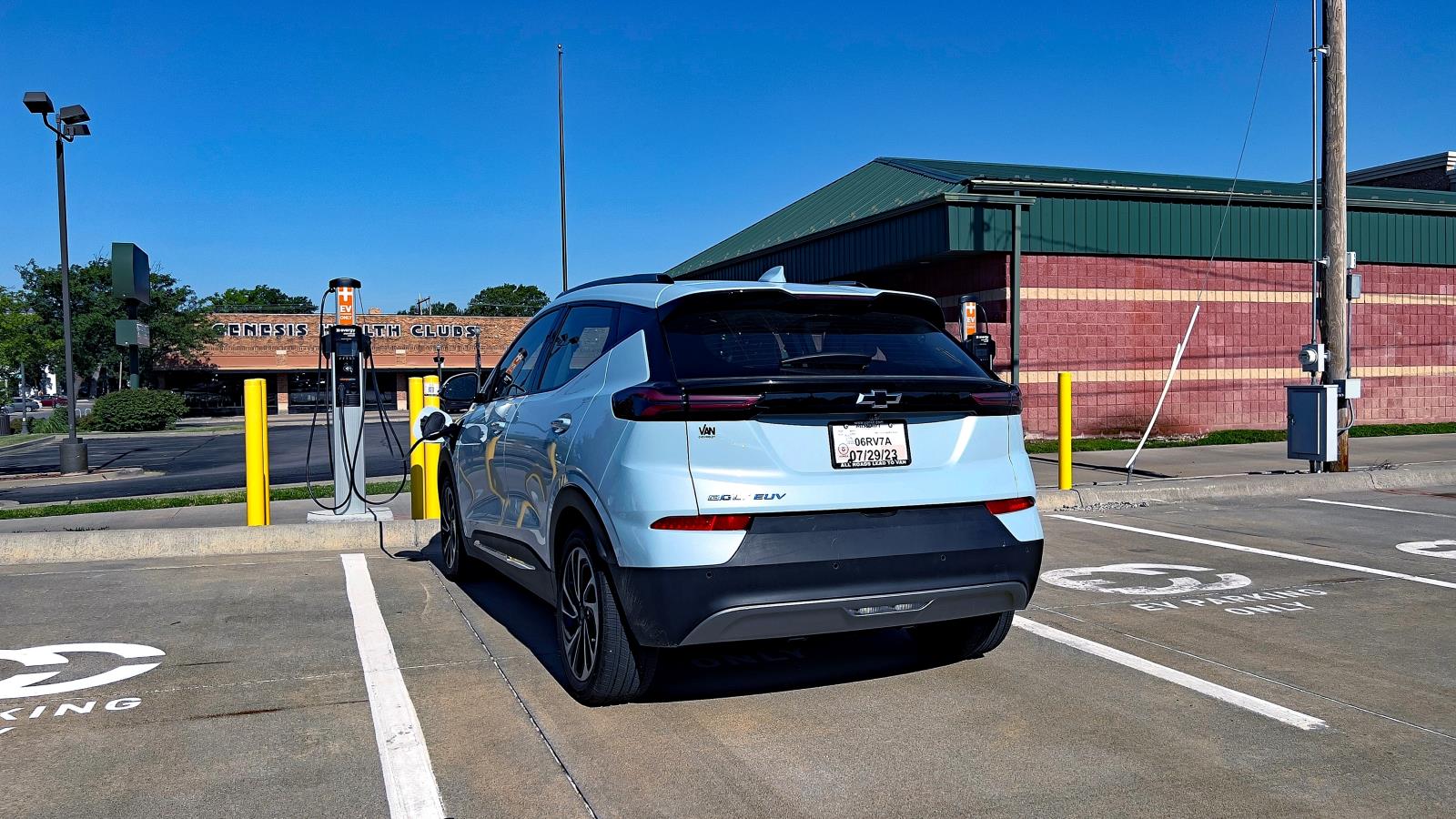
Image Credit: Shutterstock / mark reinstein
Less populated states often lack the necessary infrastructure to support EVs. Big cities might flaunt their charging networks, but rural areas are left in the dust.
7. Dirty Battery Production
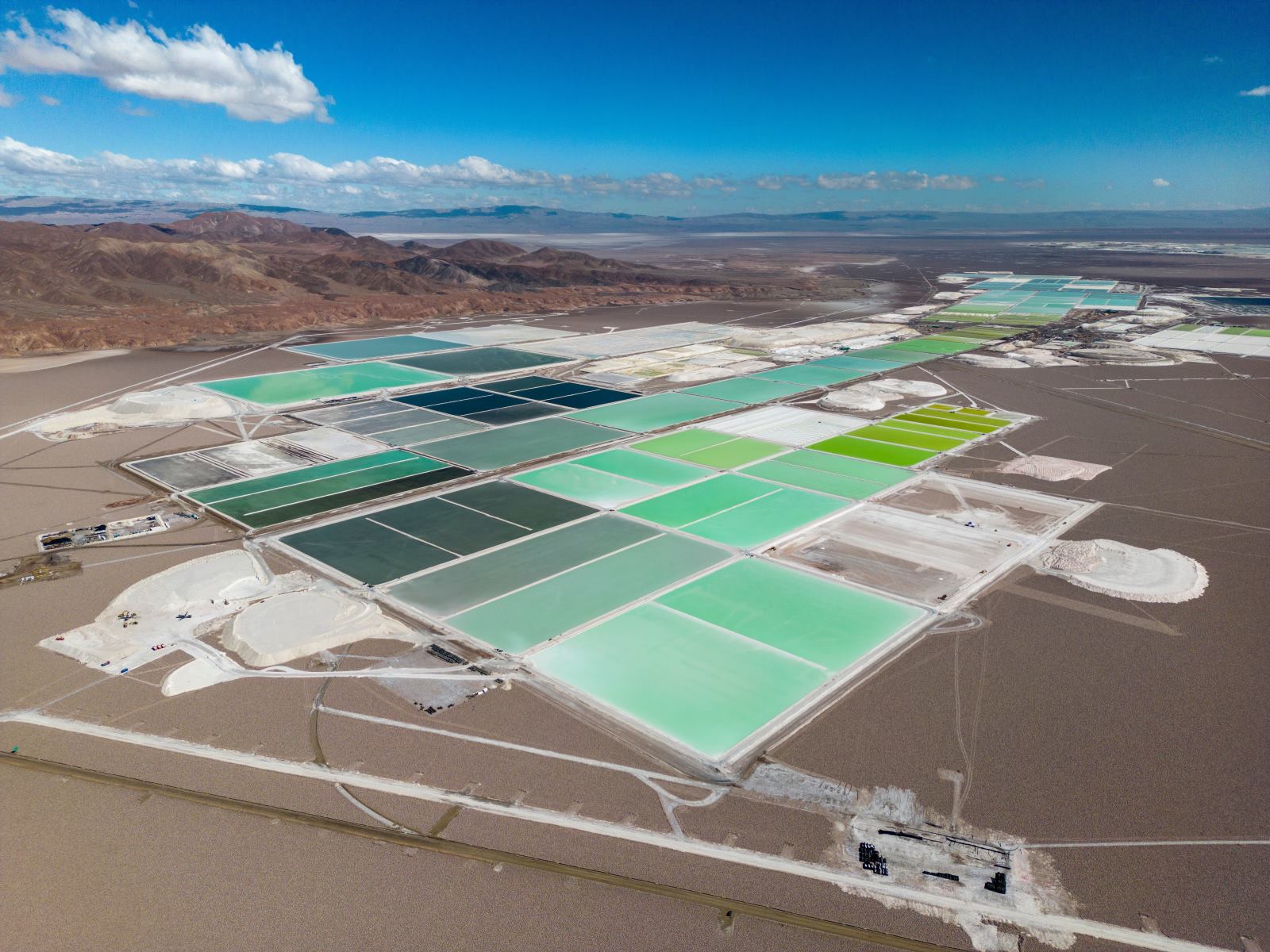
Image Credit: Shutterstock / Freedom_wanted
The environmental impact of producing lithium-ion batteries is huge. Mining for lithium, cobalt, and nickel destroys ecosystems and guzzles energy—so much for being green.
8. Disposal Nightmares
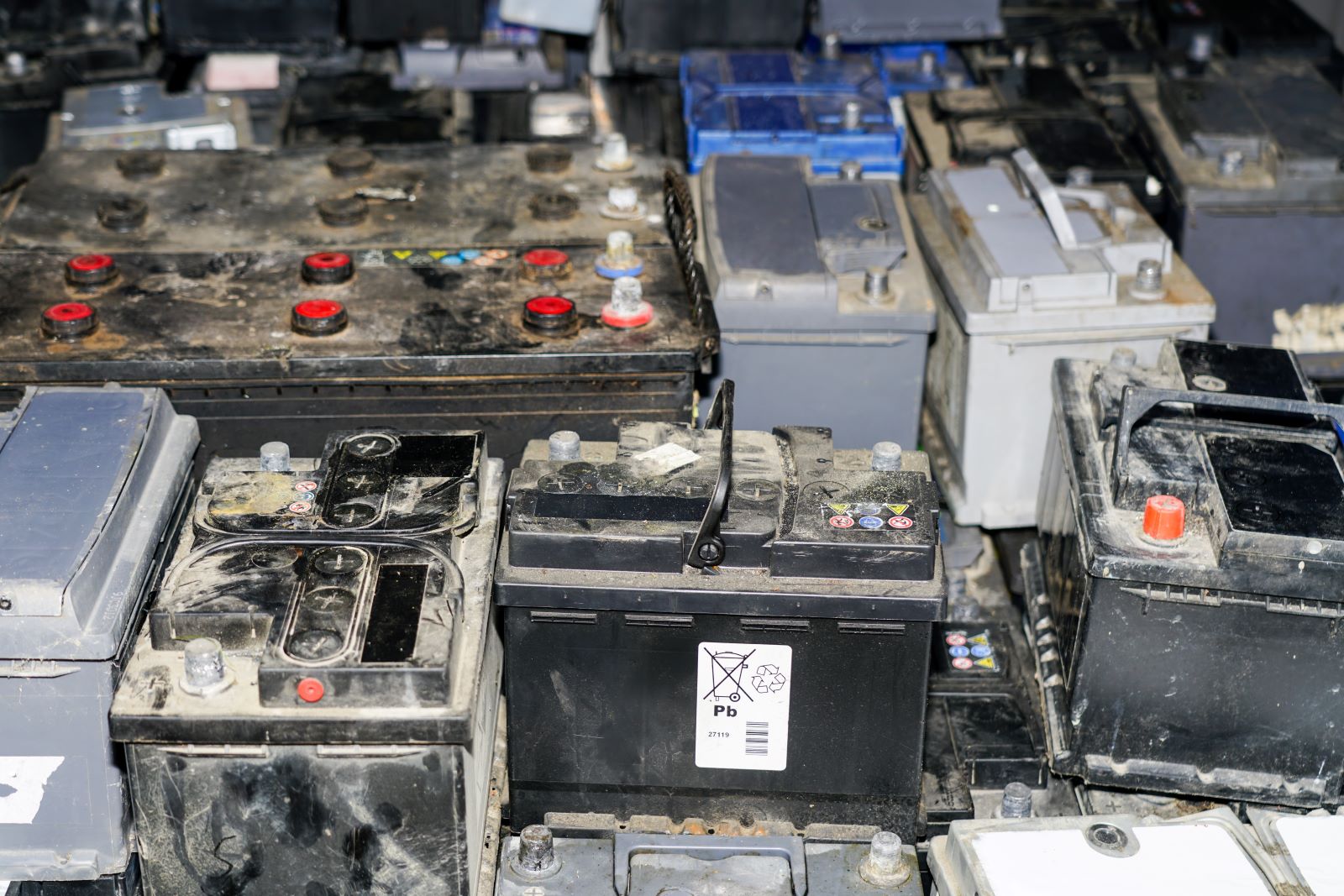
Image Credit: Shutterstock / Zigmunds Dizgalvis
Disposing of EV batteries is a disaster. They contain toxic materials that can wreak havoc on the environment if not properly recycled.
9. Boring Choices
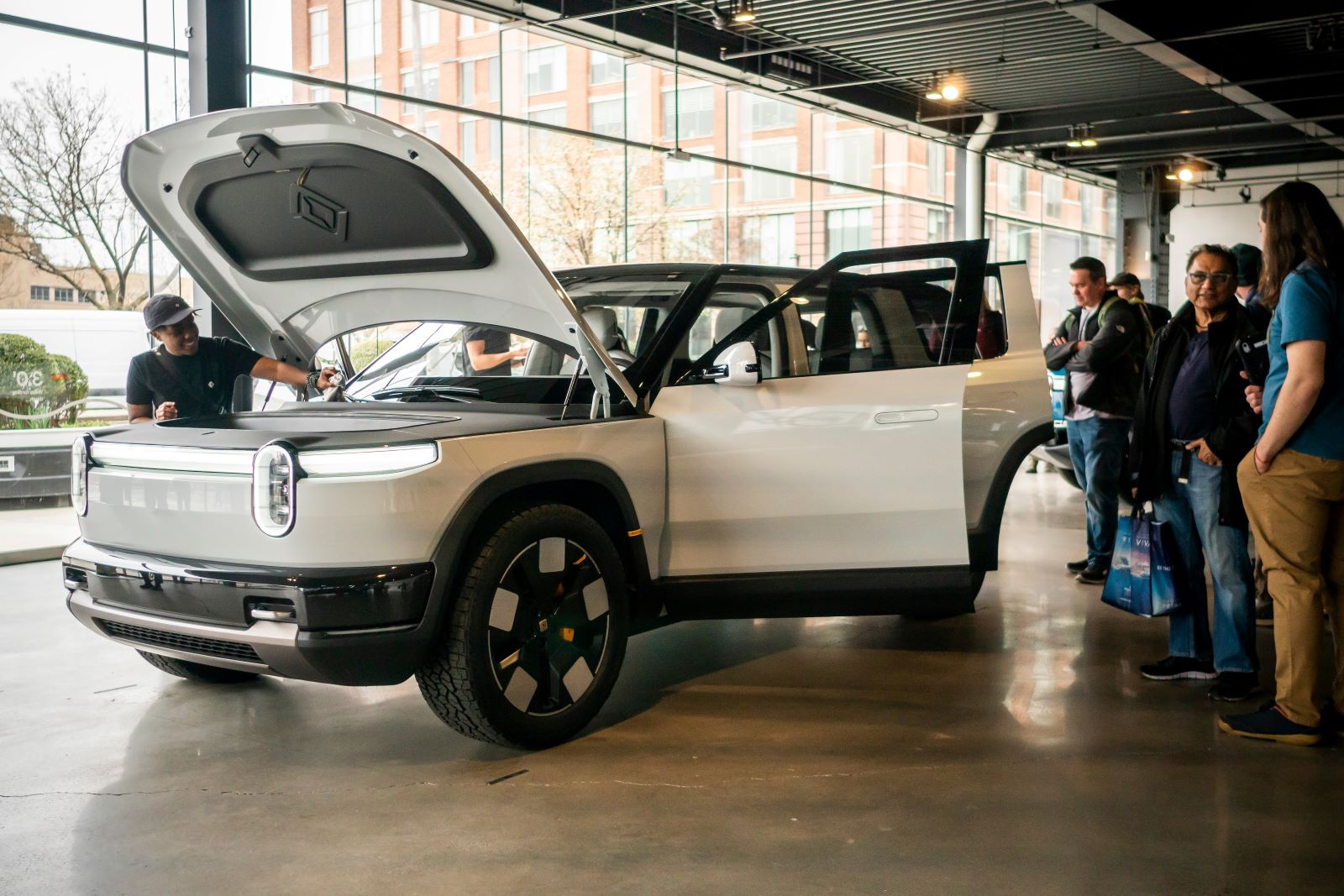
Image Credit: Shutterstock / rblfmr
The selection of EV models is pathetic, especially outside urban hotspots. Rural consumers are left with few options that fit their lifestyle.
10. Cold Weather Fail
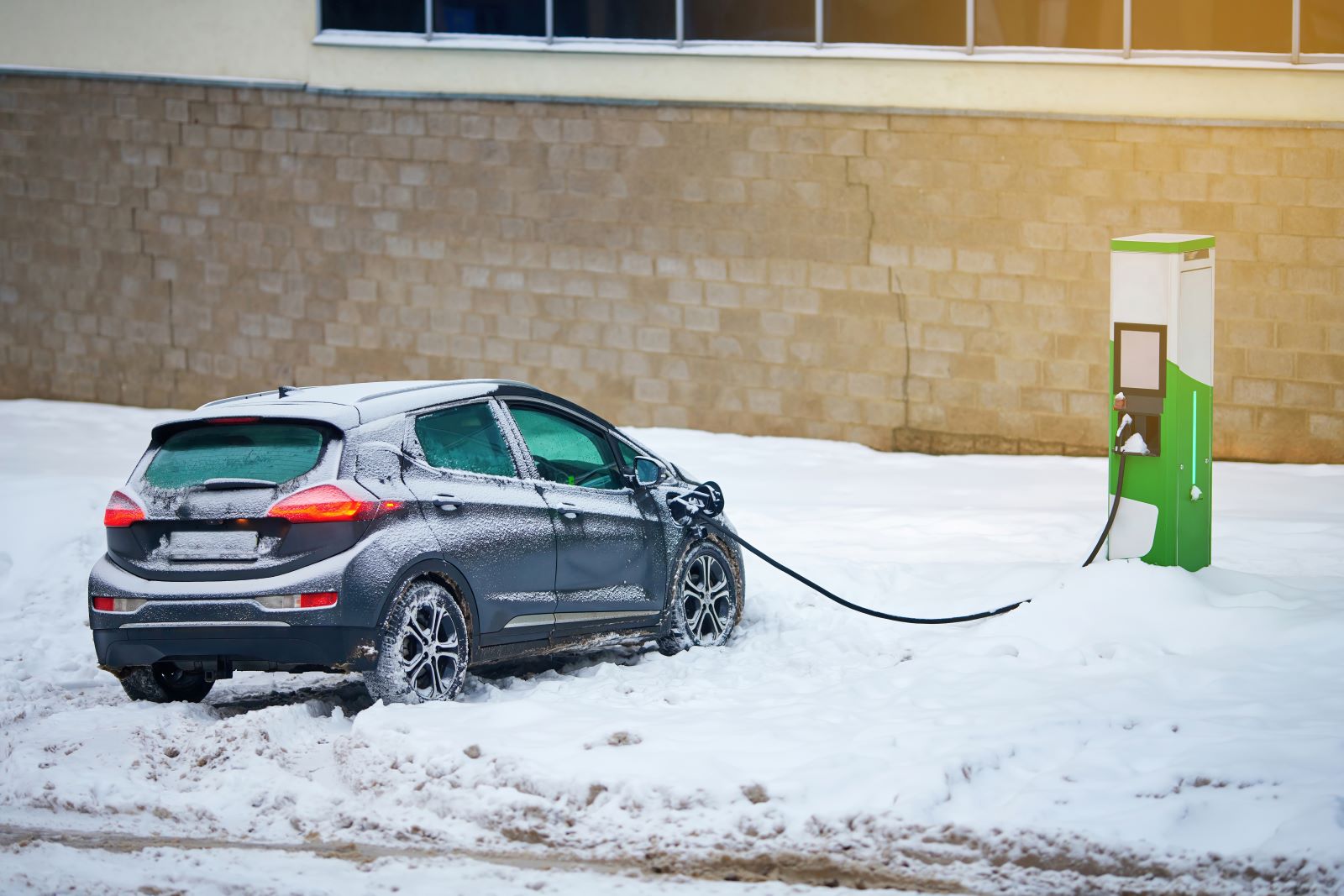
Image Credit: Shutterstock / Tricky_Shark
EV batteries perform terribly in cold weather, which spells trouble for residents in northern states. Reduced range and efficiency in winter are a real headache.
11. Power Grid Strain
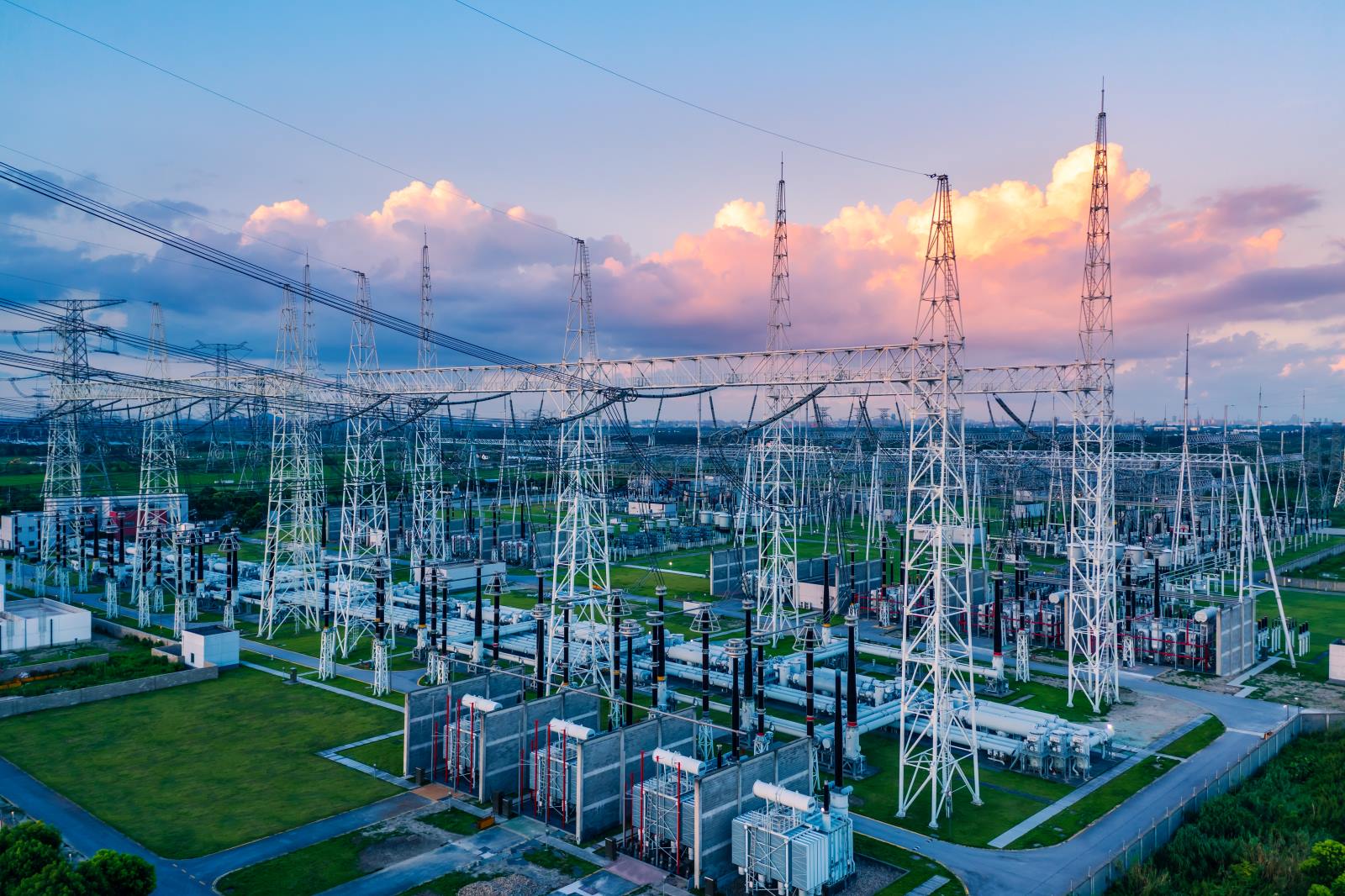
Image Credit: Shutterstock / ABCDstock
Widespread EV adoption could cripple the power grid, especially in states with outdated infrastructure. Imagine blackouts because everyone’s charging their car—great planning, right?
12. Costly Repairs

Image Credit: Shutterstock / tigercat_lpg
While EVs have fewer moving parts, repairs are ridiculously expensive. Specialized parts and service centers aren’t exactly cheap or widespread.
13. Weak Towing
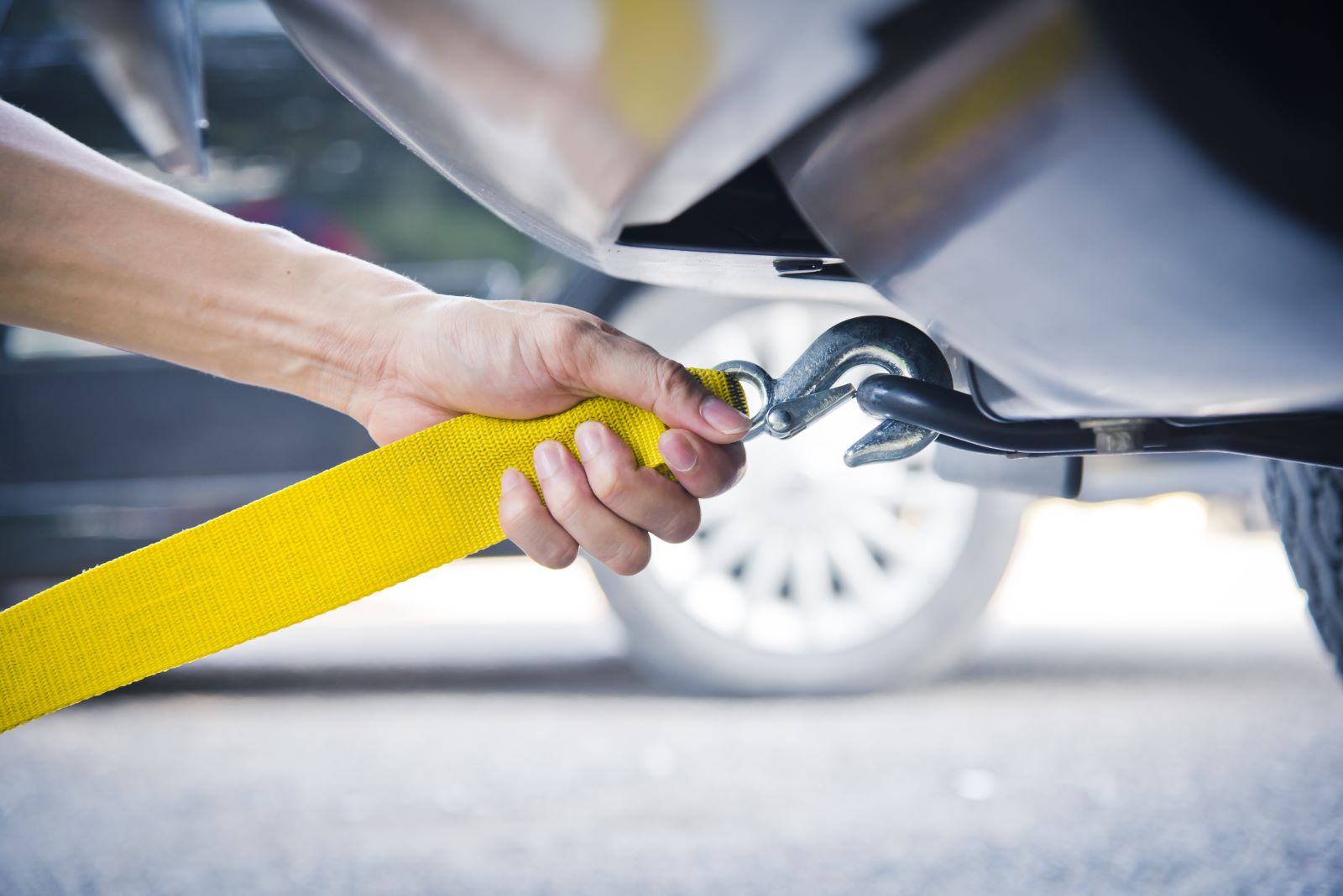
Image Credit: Shutterstock / PATIWIT HONGSANG
Most EVs are useless for towing, which is bad news for those who need to haul trailers, boats, or campers. Good luck taking that family trip.
14. No Off-Road Fun
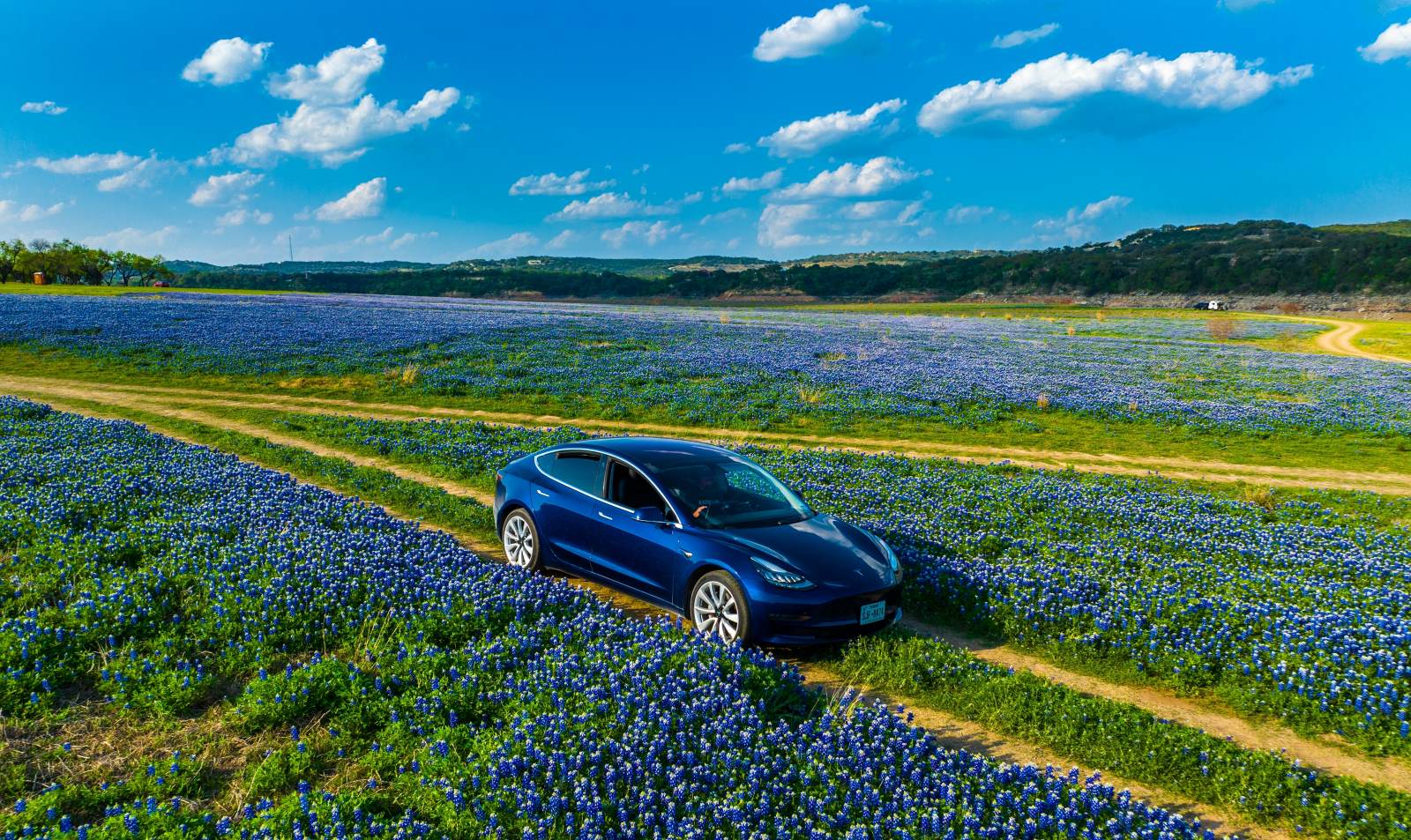
Image Credit: Shutterstock / Roschetzky Photography
EVs generally suck at off-roading. For rural residents who need a vehicle that can handle rough terrain, EVs just don’t cut it.
15. Resale Roulette

Image Credit: Shutterstock / My Ocean Production
The resale value of EVs is a gamble. Rapid advancements in technology can make your shiny new EV obsolete in a few years, tanking its value.
16. Home Charging Hurdles
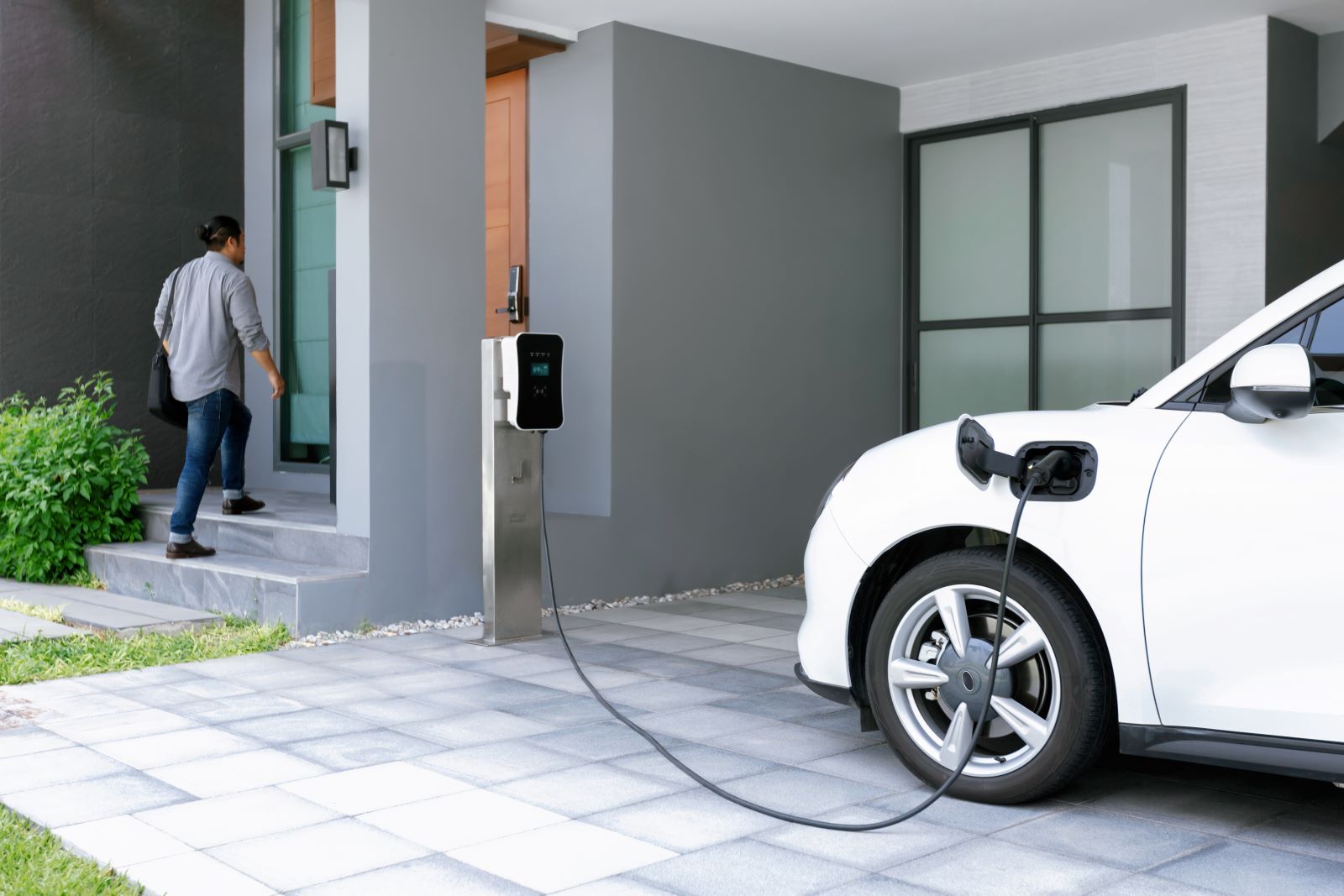
Image Credit: Shutterstock / Owlie Productions
Not everyone has a garage or the ability to install a home charger. Apartment dwellers and those in older homes are out of luck.
17. Fire Risks
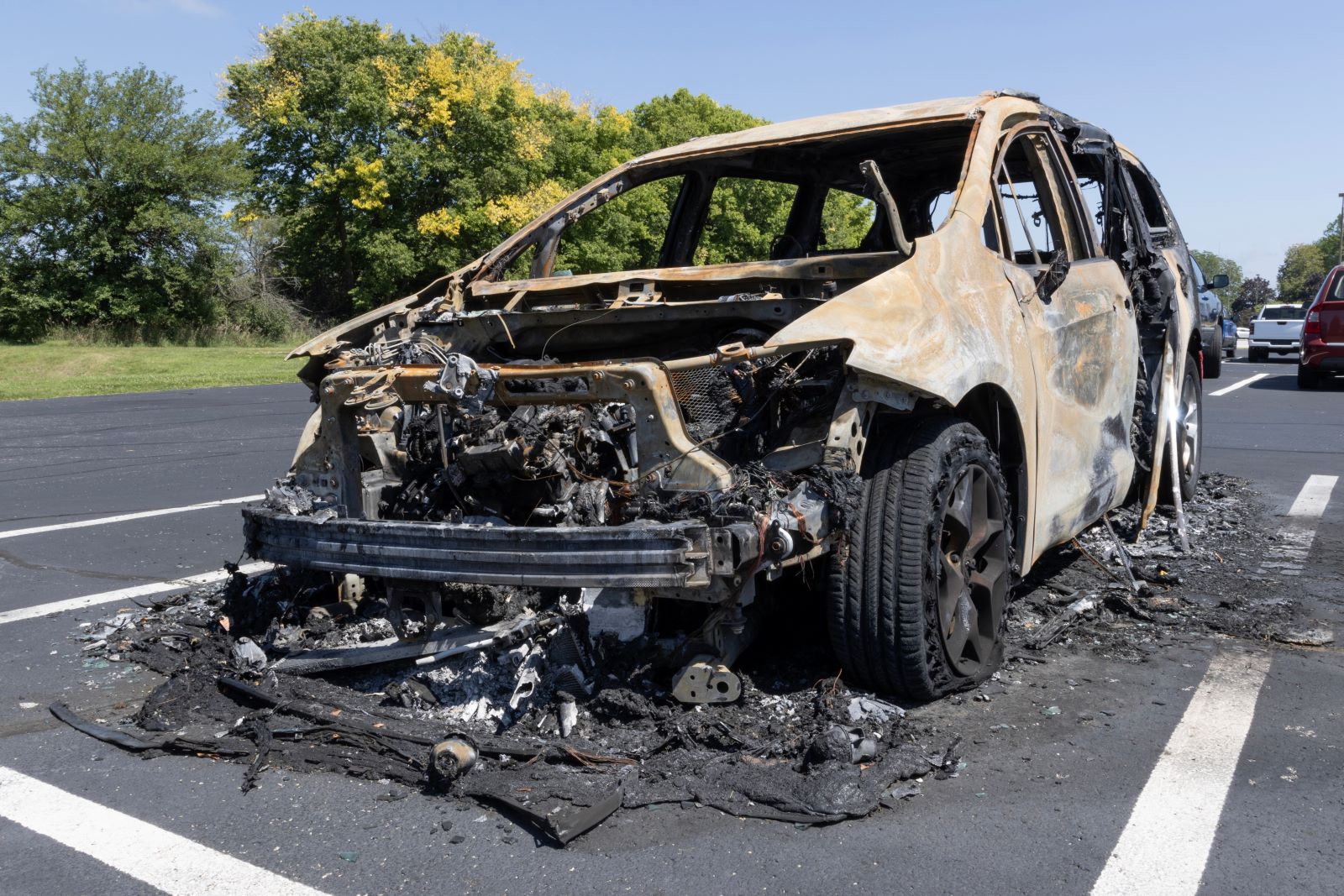
Image Credit: Shutterstock / Jonathan Weiss
There have been several instances of EV batteries catching fire. This safety concern is particularly scary, given how hard these fires are to extinguish.
18. Bye-Bye Incentives

Image Credit: Shutterstock / goodluz
Government incentives for buying EVs are disappearing fast. Without these financial benefits, the already high cost of EVs becomes even more ridiculous.
19. Sparse Service Centers
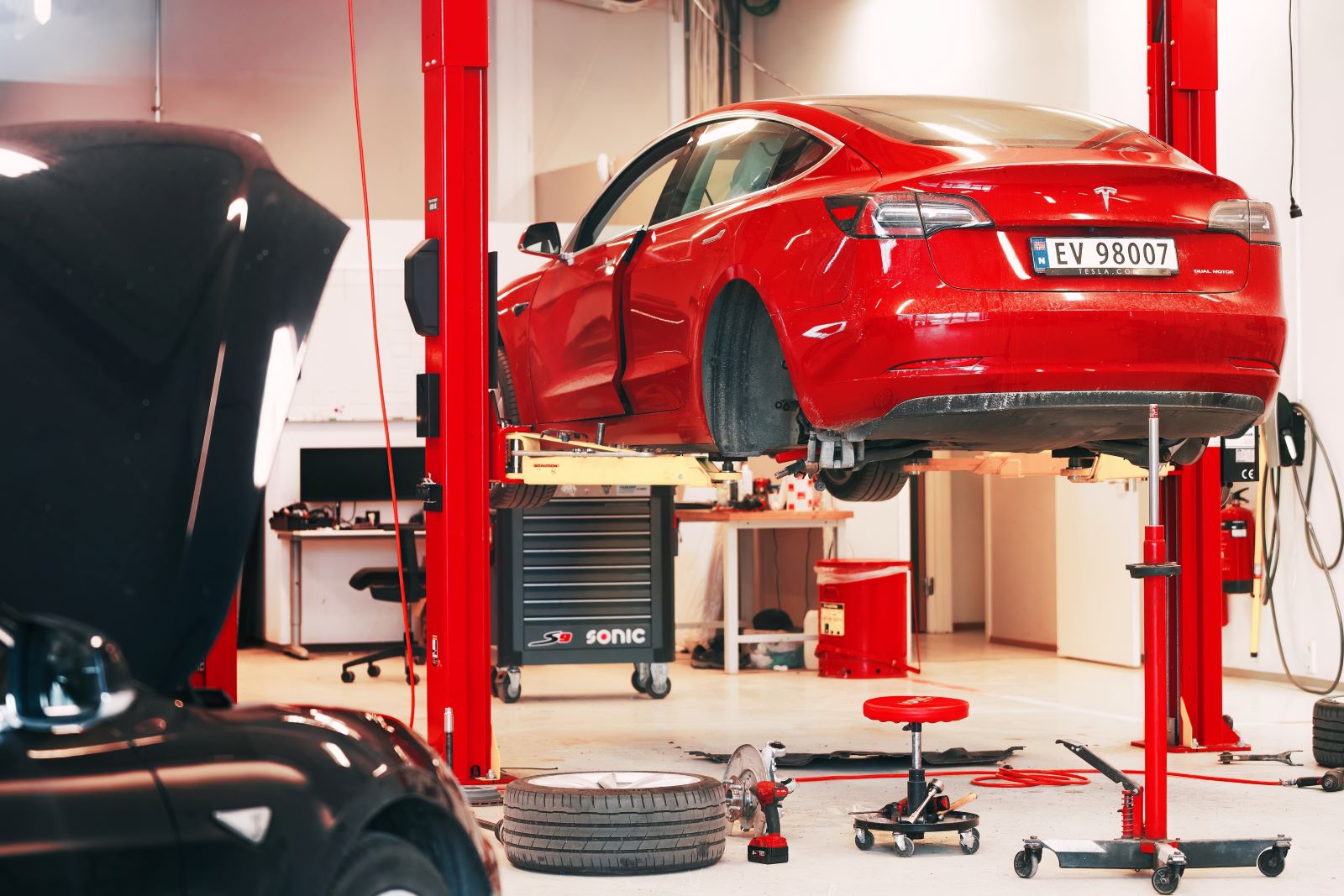
Image Credit: Shutterstock / alexgo.photography
In less populated states, finding a service center that can repair an EV is a nightmare. This means longer wait times and potentially higher costs for rural drivers.
20. Rare Earth Reliance
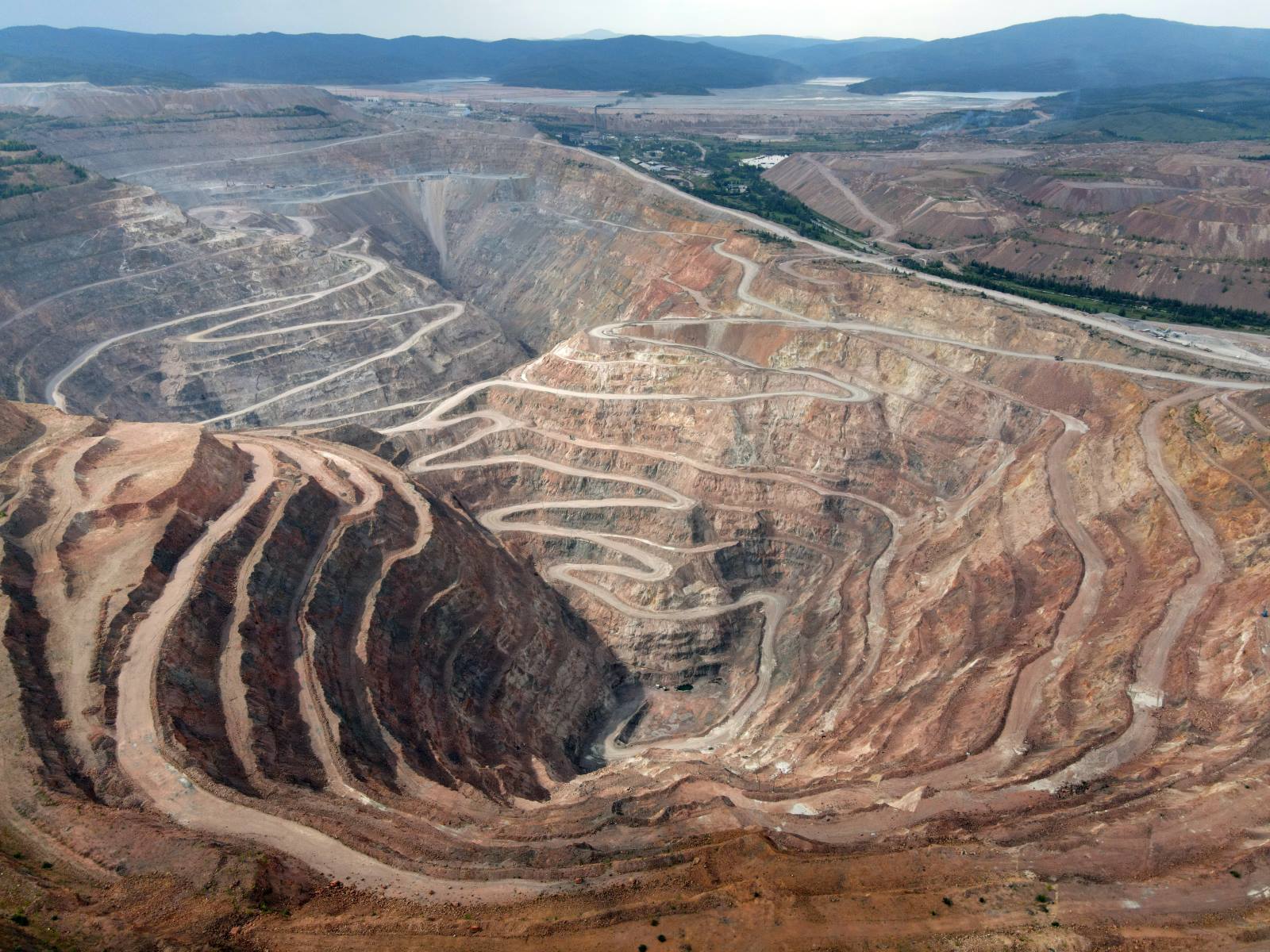
Image Credit: Shutterstock / Alexey Khrulev
EVs depend on rare earth metals, which are scarce and often sourced from unstable regions. This dependency creates massive supply chain vulnerabilities.
21. Not Really Green

Image Credit: Shutterstock / Summit Art Creations
When you consider the entire lifecycle of an EV—from production to disposal—they’re not as environmentally friendly as advertised. The carbon footprint of manufacturing these vehicles can cancel out the supposed benefits.
The Cold Hard Truth
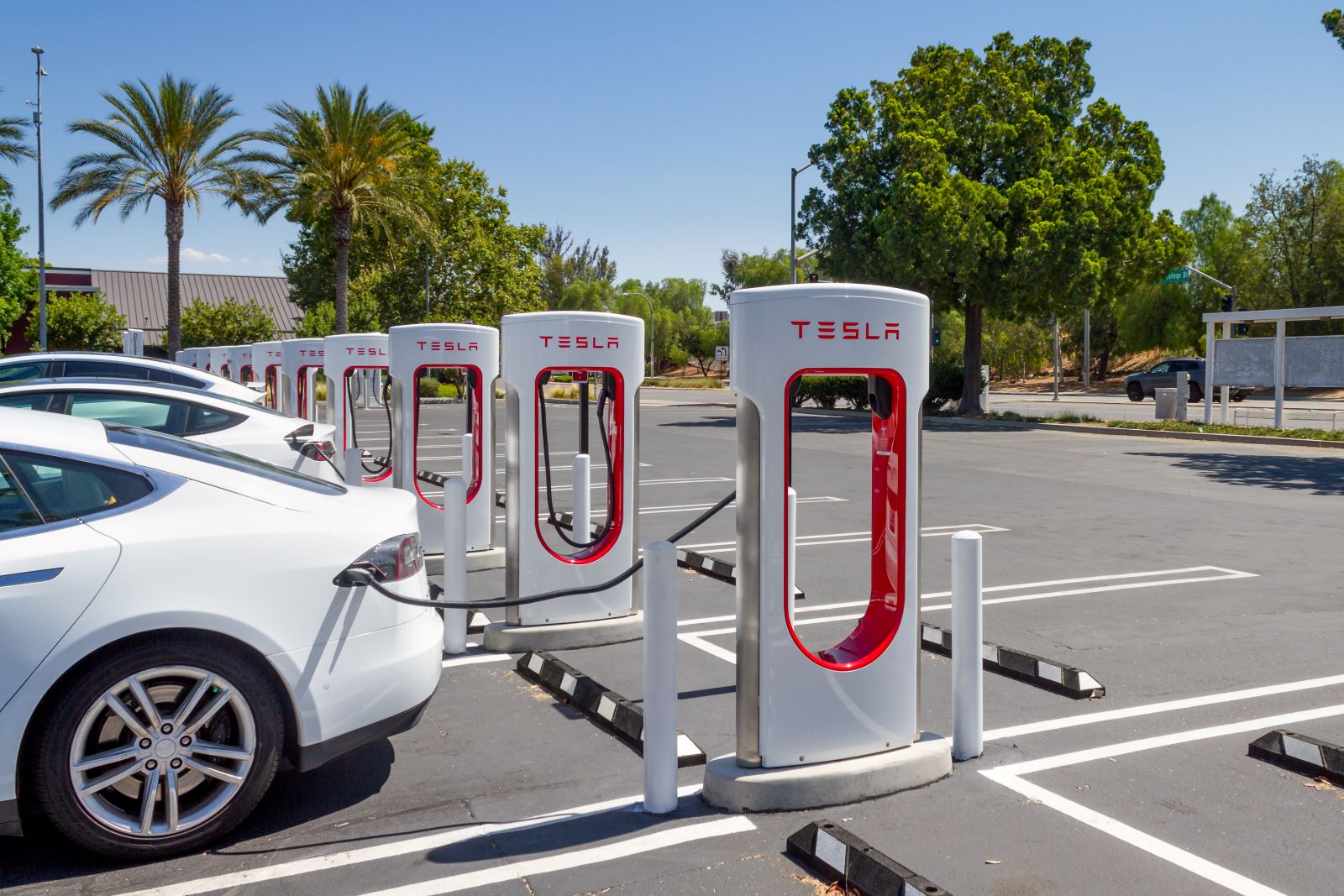
Image Credit: Shutterstock / Felipe Sanchez
While big cities boast about their EV infrastructure, the reality for many Americans is far different. Are we ready to face these challenges, or are we being sold a green dream that doesn’t match the reality?
Oil Dumping Scandal Rocks Ships Heading to New Orleans

Image Credit: Shutterstock / Aerial-motion
Two shipping companies have been fined after knowingly hiding a large oil spill in the Atlantic Ocean. Oil Dumping Scandal Rocks Ships Heading to New Orleans
20 Eye-Opening Realities Facing Retiring Baby Boomers
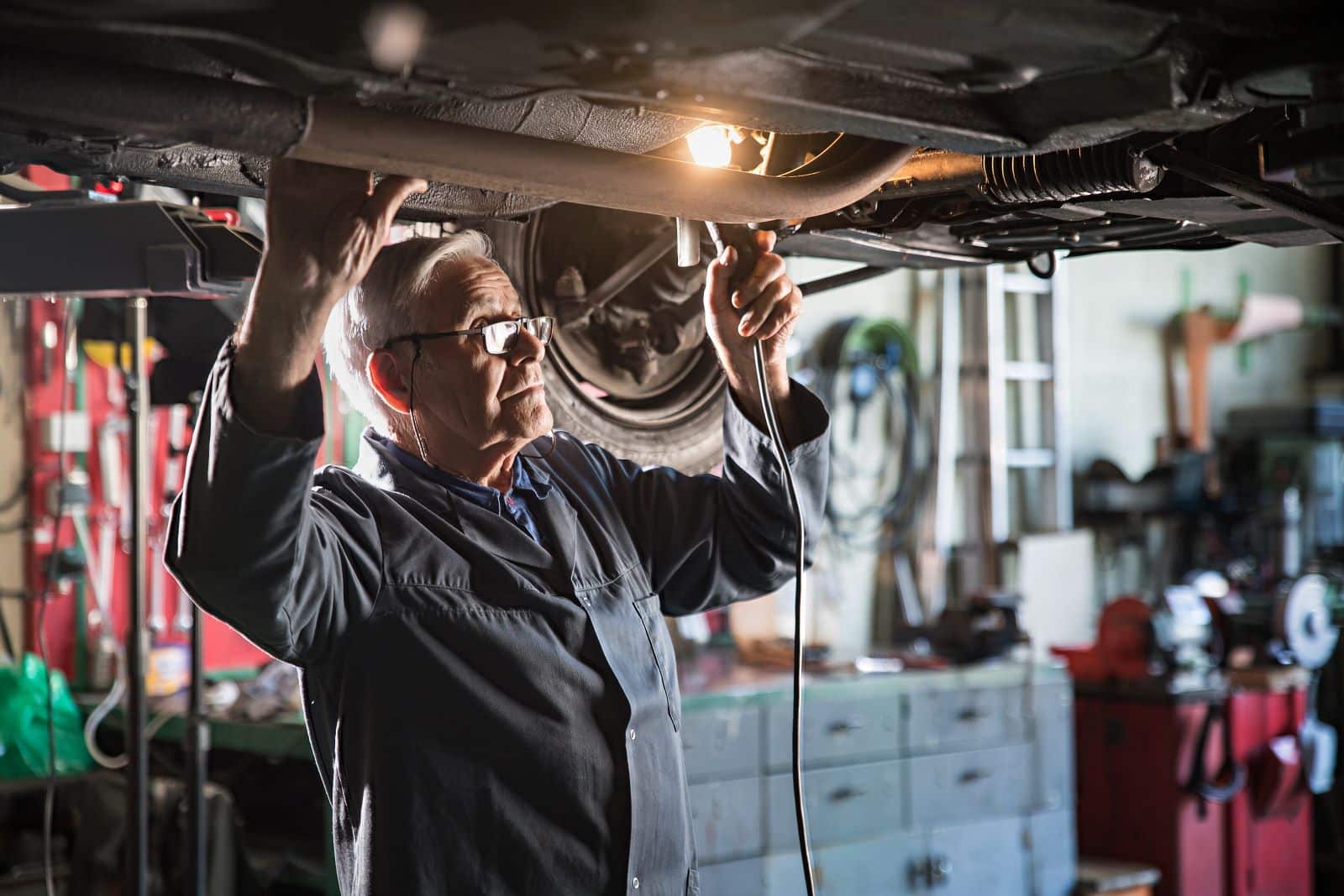
Image Credit: Shutterstock / Jack Frog
As Baby Boomers approach retirement, the promise of leisure and security often seems unattainable. This generation faces unique challenges that could redefine retirement. Here’s a stark look at the realities shaping their outlook. 20 Eye-Opening Realities Facing Retiring Baby Boomers
Retail Apocalypse: Massive Closures Sweep Across U.S. Brands

Image Credit: Shutterstock / Tada Images
Stores across the U.S. are closing at unprecedented levels, according to new research from advisory firm Coresight Research. Read on for more information about the impact this could have on you and your communities. Retail Apocalypse: Massive Closures Sweep Across U.S. Brands
The post 21 Reasons EV’s Suck first appeared on EcoHugo.
Featured Image Credit: Shutterstock / Quality Stock Arts.
The content of this article is for informational purposes only and does not constitute or replace professional financial advice.
For transparency, this content was partly developed with AI assistance and carefully curated by an experienced editor to be informative and ensure accuracy.

